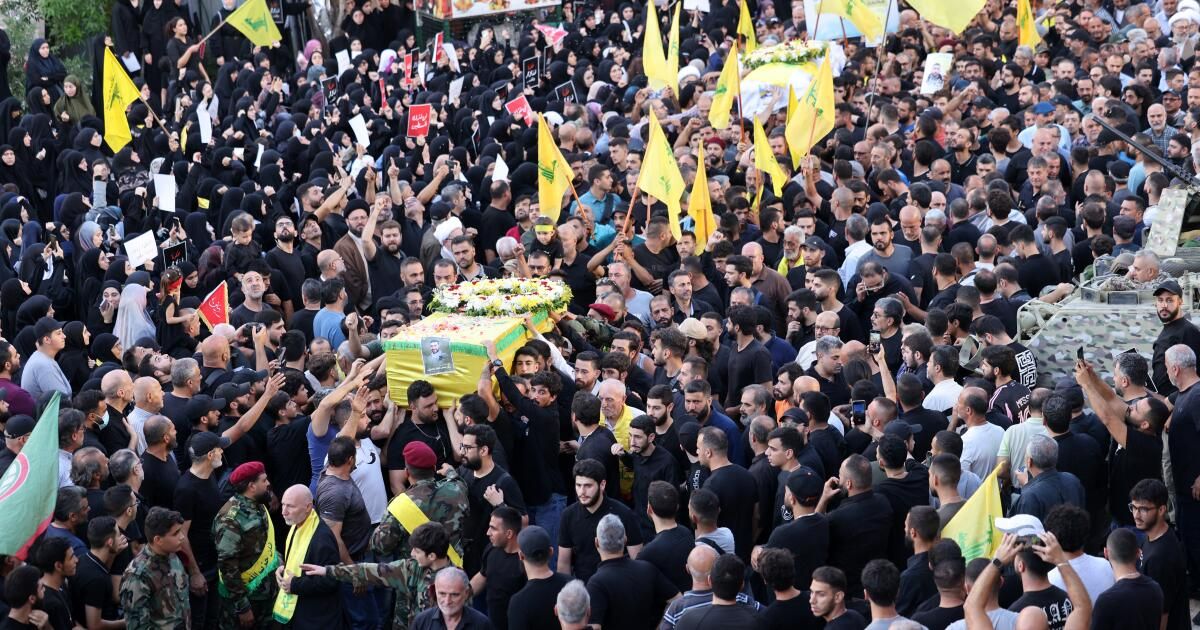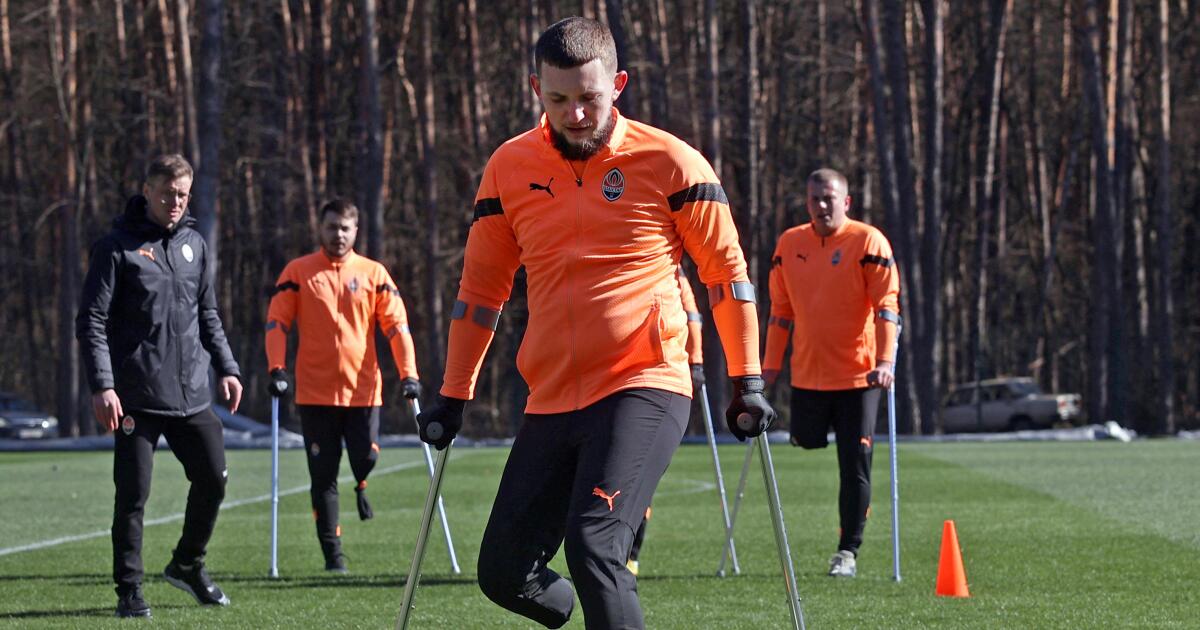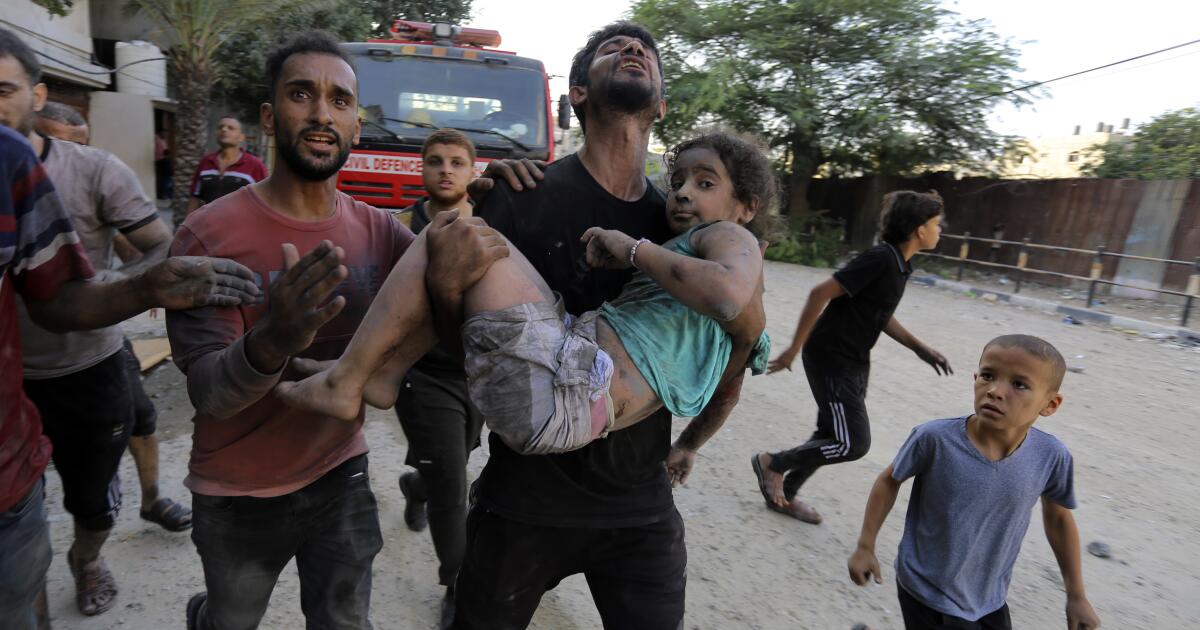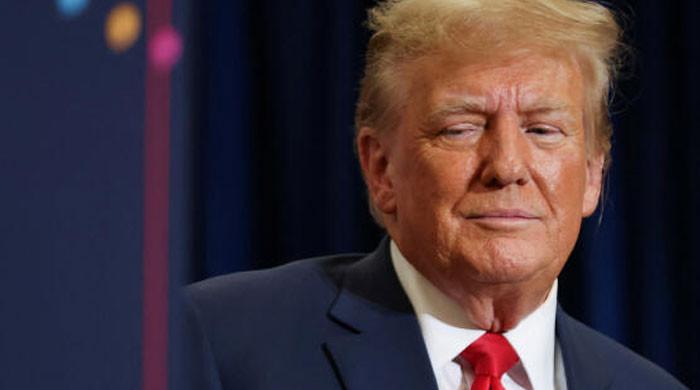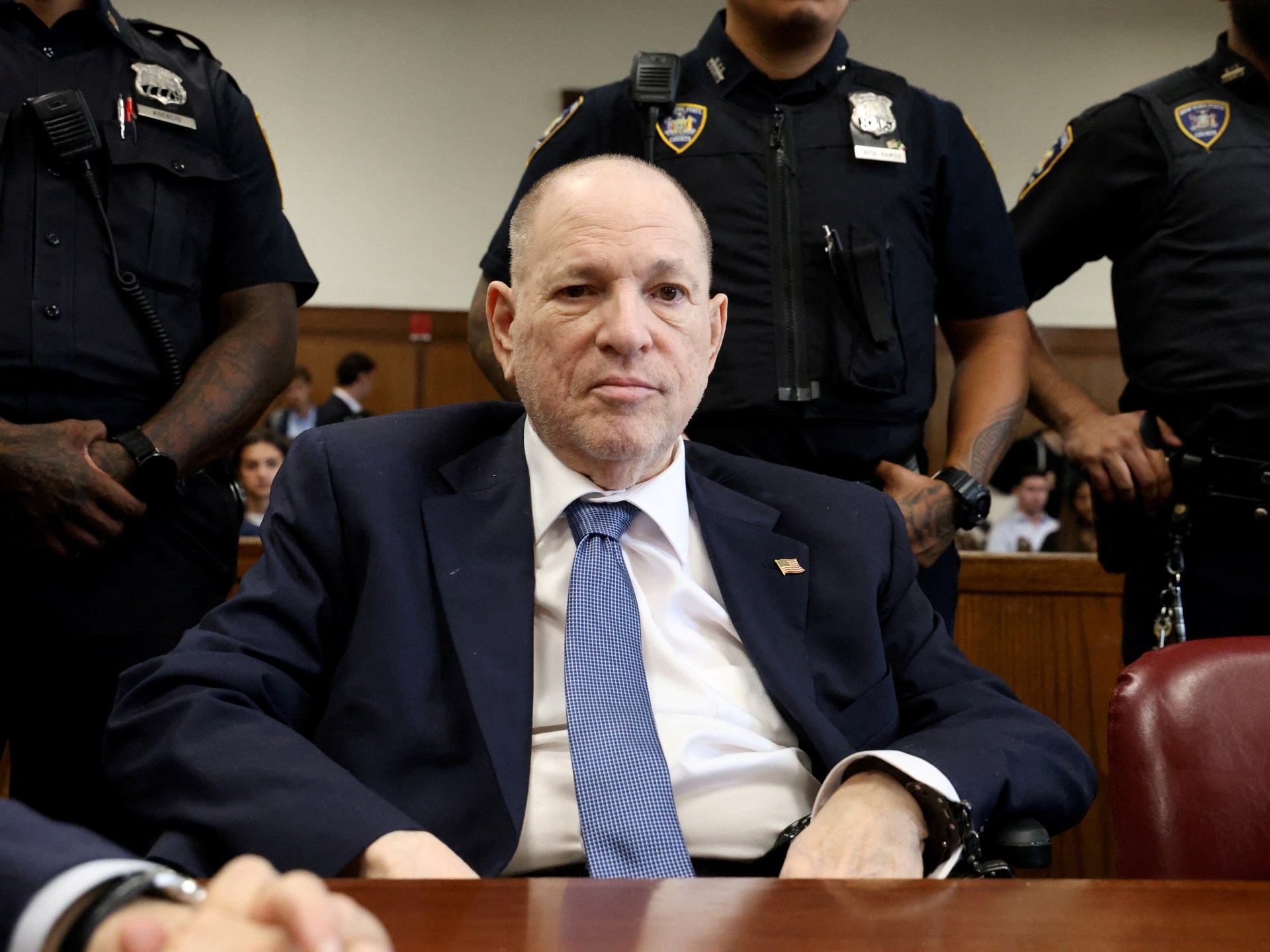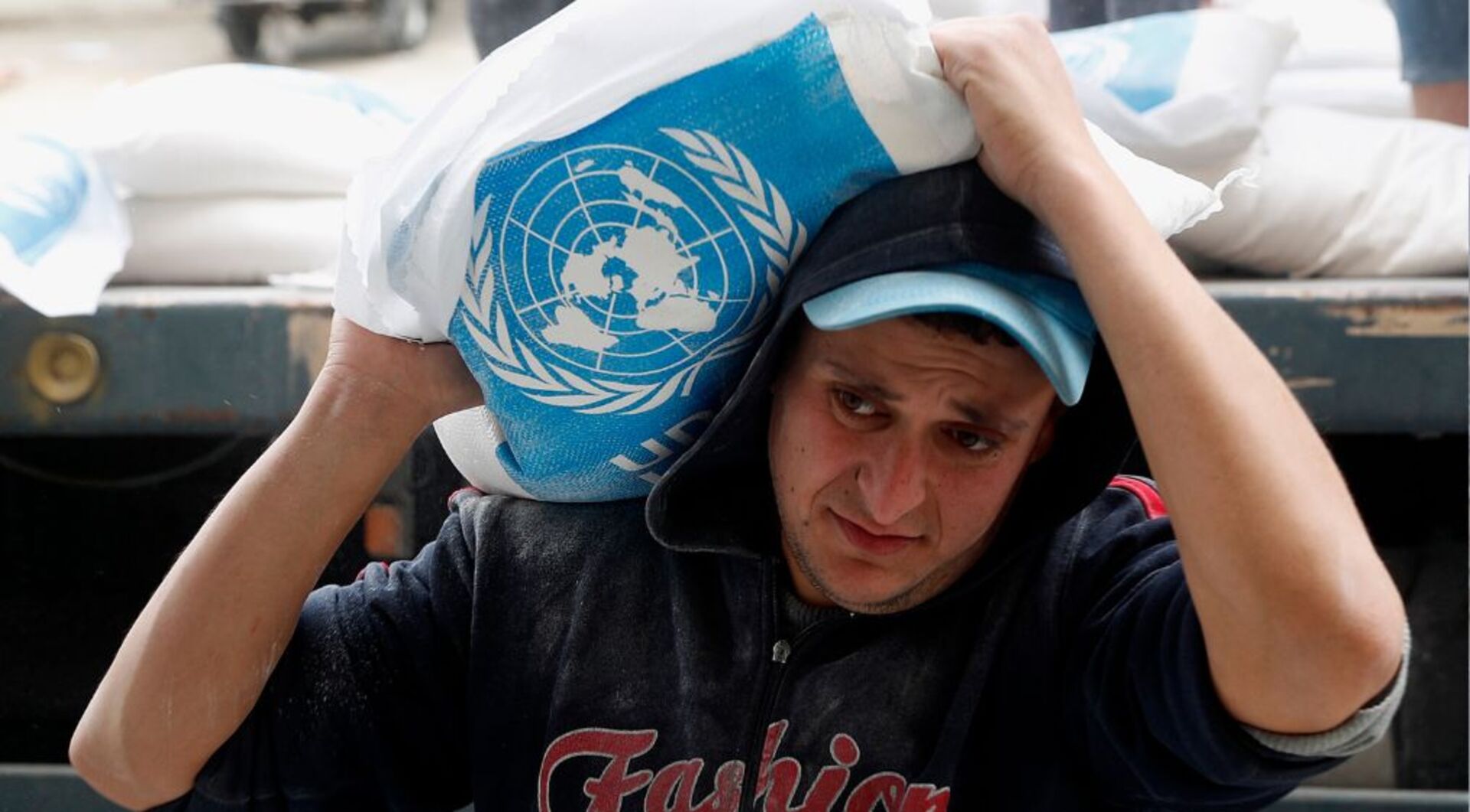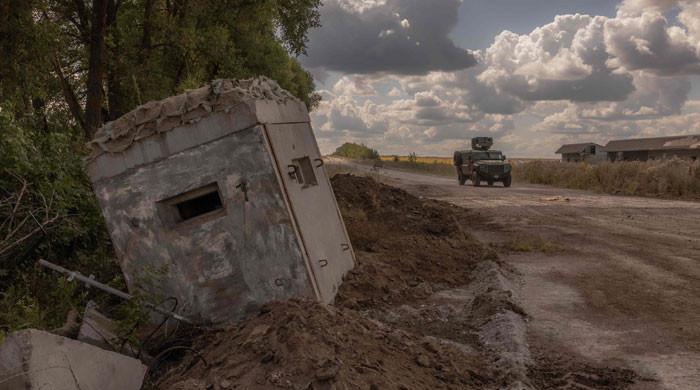A new wave of explosions caused by booby-trapped communications devices rocked Lebanon on Wednesday, the second such attack in as many days in what is believed to be an electronic sabotage campaign against Hezbollah.
The latest attack, which affected hundreds of walkie-talkies across the country, killed at least 14 people and wounded 450 others, the Lebanese Health Ministry said.
The attacks come on the heels of Tuesday's bombings in which thousands of hand-held pagers detonated, killing 12 people (including eight Hezbollah fighters, the group said, along with two children and a health worker) and leaving thousands more with bloodied and mutilated hands, eyes and torsos.
Lebanon's civil defence said its personnel were putting out fires inside “houses, cars and shops” in Lebanon's southern Bekaa Valley as well as in the capital's southern suburbs, areas considered supportive of Hezbollah.
The Red Cross said it had deployed about 30 ambulance crews.
The attack took place at approximately 5 p.m. local time as Hezbollah officials were taking part in a large funeral ceremony for four victims of Tuesday's pager explosions, including the son of a senior Hezbollah lawmaker and a toddler.
A video of a funeral ceremony in the south of the country shows an explosion inside an ambulance, sending bystanders running in panic. The Times could not independently verify the video.
The Lebanese state-controlled National News Agency said the devices targeted were ICOM IC-82 portable VHF transceivers. They are not typically used by fighters, but by ambulance and civil defense teams and administrators affiliated with Hezbollah. The devices are unrestricted and can be sold to anyone, so they are used by other organizations in areas with poor signal.
“No human being can express the brutality of this crime,” Lebanon’s interim prime minister, Najib Mikati, said in a televised news conference from the Health Ministry headquarters. “These are helpless people, sitting in their homes, while death comes to them in this way.”
He added that he had requested that the UN Security Council meet to discuss the developments.
It was not clear how the devices were booby-trapped. Tuesday’s attack is believed to have involved the interception and tampering with a shipment of some 5,000 pagers destined for Hezbollah, and which had been fitted with a small amount of explosives. Observers said the walkie-talkies could have been ordered on the same date, but a report by the National News Agency said a three-year-old device had also exploded.
While not as widespread as Tuesday’s round of sabotage, the walkie-talkies appeared to have more explosive power. In Beirut’s Haret Hreik neighborhood, Hashem Safieddine, head of Hezbollah’s Executive Council, was giving a speech when the sound of an explosion was heard nearby. The crowd convulsed in panic, and a voice on a loudspeaker told people to remove the batteries from their phones, according to live footage of the event.
The blast, which hit an apartment a few blocks away, sparked a fire that covered the entire block in thick white smoke. Rescue crews equipped with tanks and gas masks worked to rescue residents inside, with three fire trucks and four ambulances inching through narrow streets packed with onlookers.
“We were drowning. I couldn’t see anything,” said an elderly woman emerging from the chaos and heading toward relatives on a nearby street. Others joined her, a stream of men and women in soot-covered clothing and bloodshot eyes. A few hours later, crews showed up with a man on a stretcher and loaded him into one of several ambulances waiting nearby.
News of the second round of sabotage increased panic across the country, with many fearing further episodes of tampering with electronic devices.
Wednesday’s attack is the latest in a long-running conflict that has seen Israel strike a series of significant blows against Hezbollah, the Iranian-backed paramilitary faction and one of the country’s most powerful political parties. In recent months, Israel has successfully assassinated the group’s chief of staff, two regional division commanders and dozens of officers in its special forces corps. Despite adopting tighter security measures, including replacing smartphones with pagers and banning internet-connected security cameras, Hezbollah operatives have had difficulty evading Israeli surveillance.
Hezbollah launched a rocket campaign in solidarity with Gaza a day after Hamas's surprise attack on Oct. 7 killed some 1,200 Israelis. Israel responded with an assault on Gaza that has so far killed more than 41,000 Palestinians, Gaza health officials say.
Fighting between Hezbollah and Israel has displaced some 90,000 people in Lebanon and 60,000 in Israel.
Following the second round of explosions in Lebanon, Prime Minister Benjamin Netanyahu released a cryptic video message in which he did not refer to the blasts but promised to make the country's northern border region safe for Israelis displaced by Hezbollah attacks.
This was widely interpreted as a sign of a possible military escalation against the group.
“I have already said that we will return the residents of the north safely to their homes,” the prime minister said. “And that is exactly what we will do.”
Times staff writer Laura King contributed to this report from Tel Aviv.

